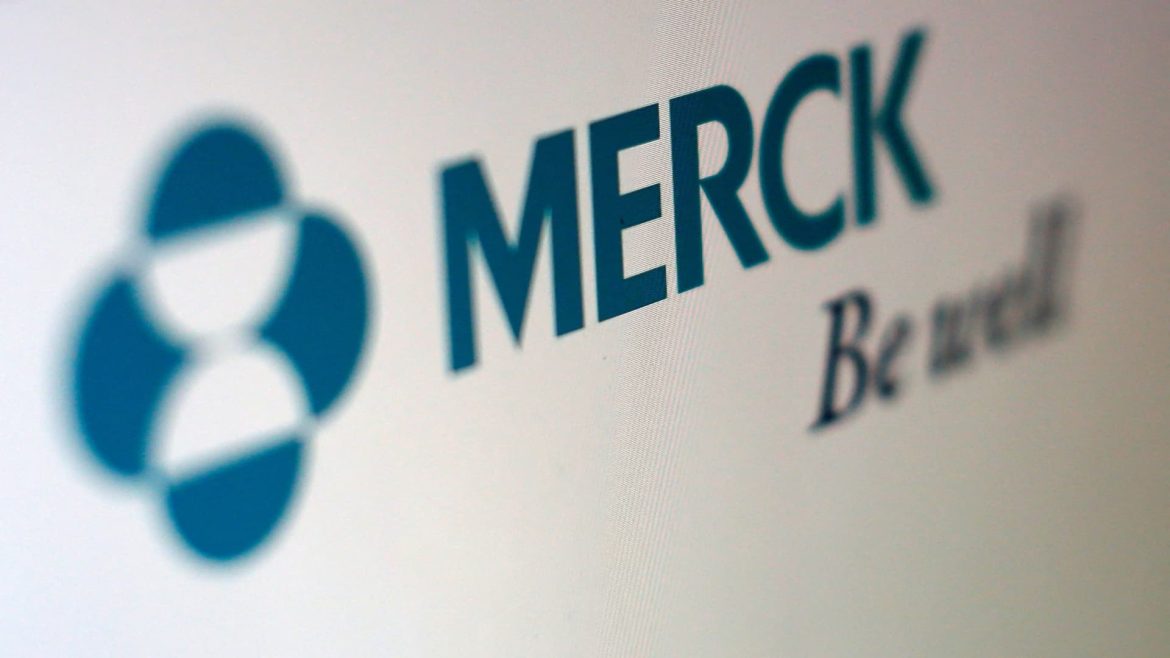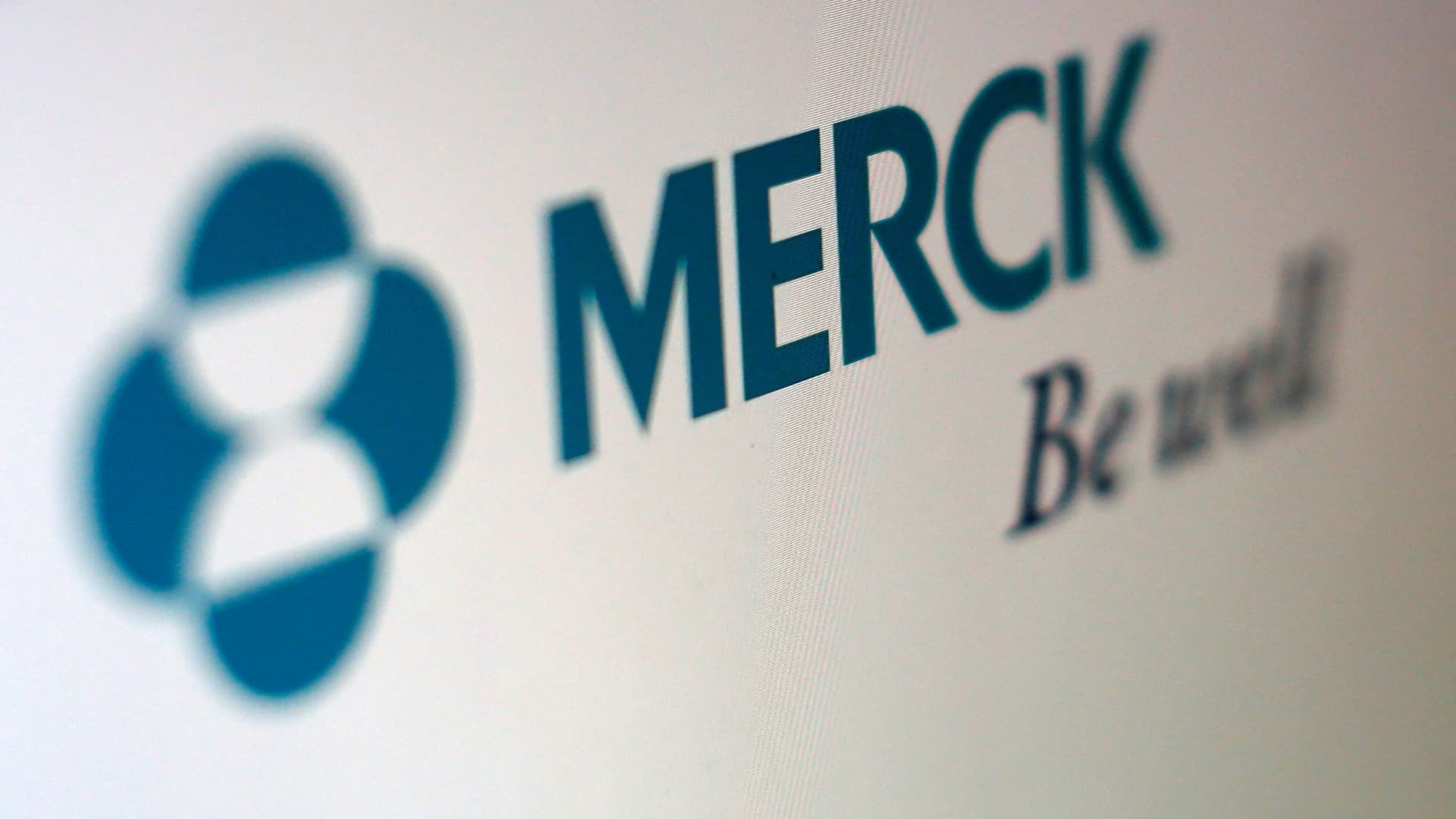Advancements in RSV Prevention: Merck’s FDA-Approved Shot for Infants
The recent U.S. Food and Drug Administration (FDA) approval of Merck’s preventive antibody shot against Respiratory Syncytial Virus (RSV) marks a significant milestone in protecting vulnerable infants during their critical first RSV season. This development intensifies competition with existing treatments and promises enhanced care options for newborns and infants globally.
The Urgency of RSV Prevention in Infants
Respiratory Syncytial Virus is a leading cause of lower respiratory tract infections in young children, particularly neonates and infants under one year. The severity of RSV infections can lead to hospitalization and long-term respiratory complications. Historically, preventative measures were limited, with existing options like palivizumab (marketed as Synagis) catering mainly to high-risk infants due to their short duration and frequent dosing requirements.
Merck’s New FDA-Approved Shot: ENFLONSIA™ (clesrovimab-cfor)
Merck’s recently approved antibody treatment, ENFLONSIA™ (clesrovimab-cfor), is designed to prevent RSV lower respiratory tract disease among neonates and infants born during or entering their first RSV season. This monoclonal antibody offers several compelling advantages:
– Extended Protection: Unlike monthly-dosed palivizumab, clesrovimab provides long-lasting protection with a single dose, simplifying administration.
– Broader Infant Coverage: It targets all infants within their first RSV season, expanding the preventive reach beyond just high-risk groups.
– FDA Clearance: The formal endorsement by the FDA affirms the safety and effectiveness of ENFLONSIA™, making it ready for clinical and public health use.
Competitive Landscape: Merck Versus Sanofi and AstraZeneca
Merck’s approval sets the stage for competition with Sanofi and AstraZeneca’s Beyfortus (nirsevimab-alip), which was approved earlier to prevent RSV in neonates and infants and gained attention during the 2023 RSV season. Beyfortus is a long-acting monoclonal antibody but experienced nationwide shortages during peak RSV outbreaks, highlighting the pressing need for multiple effective options on the market.
Merck’s entry is poised to:
– Alleviate Supply Constraints: By diversifying available preventive therapies, it can reduce bottlenecks and improve access.
– Drive Innovation: Competition fosters ongoing improvements in dosage, efficacy, and cost, benefiting healthcare providers and families.
– Expand Market Reach: Merck targets similar infant groups as Beyfortus, potentially increasing overall coverage and vaccination rates.
Broader Implications and the Future of RSV Prevention
The approval of Merck’s ENFLONSIA™ occurs amid a broader surge in RSV-related innovations. Moderna is progressing with its mRNA vaccine mRESVIA, which recently gained clearance for older adults aged 60 and above, with an ongoing FDA review for expanding use to high-risk adults aged 18-59. This trend reflects a growing commitment to combat RSV across age spectrums, not just infancy.
The arrival of new long-acting antibodies and vaccines promises multiple benefits:
– Simplified Infant Care: Less frequent dosing reduces logistical challenges and stress on families.
– Reduced Hospitalizations: Effective prevention lowers the burden on healthcare systems during RSV seasons.
– Global Health Impact: Widespread adoption could decrease RSV morbidity and mortality worldwide.
Conclusion: A New Era in Infant RSV Protection
Merck’s FDA approval of ENFLONSIA™ ushers in a pivotal moment in pediatric infectious disease prevention, providing a robust alternative to existing therapies like Beyfortus. This expansion in preventive options not only enhances protection for millions of infants but also fuels advancements across the RSV treatment landscape. As competition grows, so does the potential for improved accessibility, effectiveness, and long-term health outcomes for the youngest and most vulnerable patients confronting RSV.





